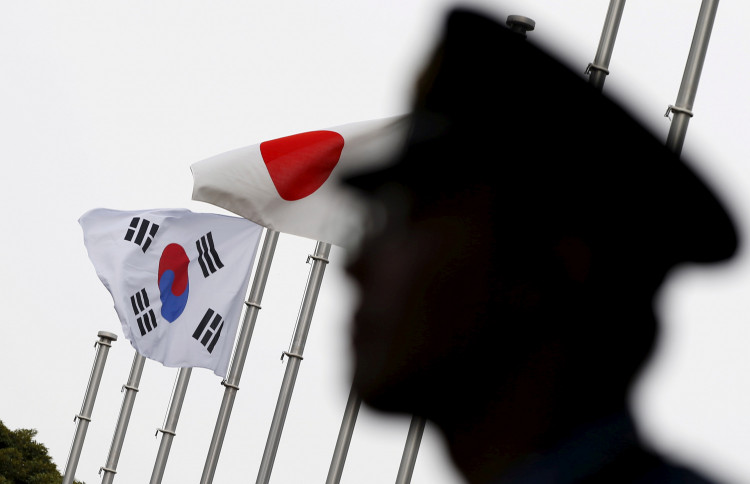The latest developments in the trade dispute between Japan and South Korea has led to talks about how tensions will affect the semiconductor industry as a whole. Industry analysts believe even other segments under the industry will be impacted if the dispute is not resolved soon.
Japan and South Korea are part of a bigger circle that supplies semiconductors for the manufacturing of laptops and smartphones. Analysts believe Tokyo's tighter controls on supplying critical semiconductor chemicals to the SoKor region will disrupt the tech supply chain.
South Korean manufacturers use now-restricted chemicals to create components that are necessary for the development of chips and other related products under the semiconductor industry.
Industry experts are expecting delays in production and manufacturing now that the Japan-South Korea dispute has heightened. Early signs of impact from the dispute indicate that sales of smartphones and other similar gadgets could decline if the two countries do not reach an agreement regarding the chemicals.
"The ongoing trade dispute between Japan and South Korea could have serious consequences to the global semiconductor industry if a resolution cannot be identified in the near term," Asia-Pacific chief economist at IHS Markit, Rajiv Biswas, said.
Under Japan's new policies, Japanese exporters are required to file applications if they want to sell the chemicals to South Korean buyers. Approval time will take up to three months, a period that could largely delay semiconductor production.
It is further expected that the prices of semiconductors will rise significantly. This only leads to one scenario: smartphone prices, specifically those from Samsung and other top Korean providers, will most likely see a hike too.
Several economists have noted that the ongoing dispute is just one example of how countries with economic power use trade as a weapon to rage diplomatic wars. Director of the Institute of Contemporary Asian Studies at Temple University Japan, Robert Dujarric, stressed that similar trade wars kicked off five decades ago, BBC News reported.
Analysts believe the issue roots back to the colonial rule of Japan over South Korea that started way back in 1910. SoKor finally fought its way to freedom in 1945 but just last year, the country rolled out mandates to make Japanese firms pay Koreans who were forced into slavery during the war.
Japan's Mitsubishi Heavy reportedly refused to comply with South Korean court orders. The Japanese government under Prime Minister Shinzo Abe slammed the rulings and insisted that the issue has been resolved since 1965 between two sides.
SoKor consumers have also since started boycotting Japanese goods under a wide range of sectors. It is expected that top global companies outside of Japan and South Korea such as Apple and Huawei will be largely affected by the trade dispute.






